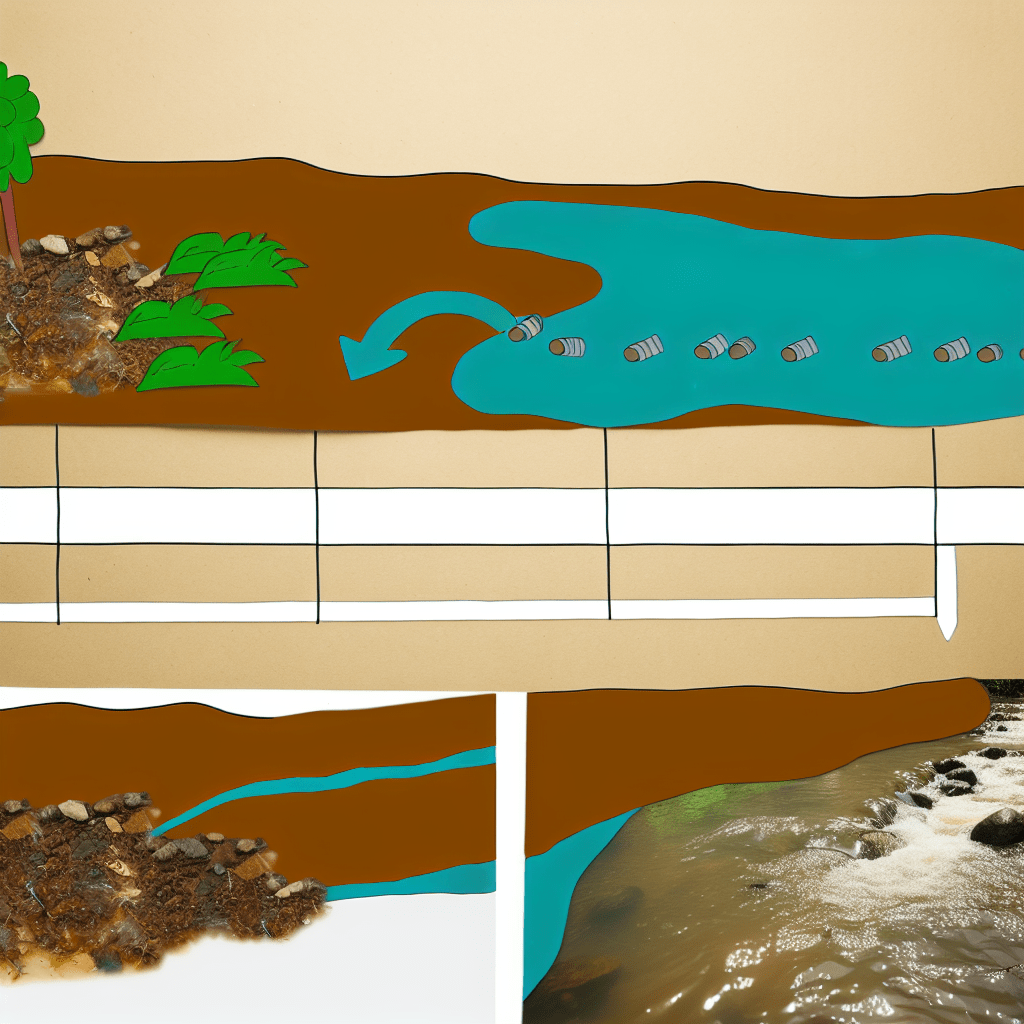”
The rich network of rivers in Nigeria, including the grand Niger and Benue, is currently grappling with severe water quality challenges. This article unravels these issues, their underpinnings, and probes potential paths towards enhanced water quality.
These water quality problems in Nigeria primarily stem from industrial pollution, inadequate wastewater treatment, extensive use of agricultural fertilizers and pesticides, coupled with the cumulative impacts of climate change.
Key pollutants in Nigeria’s waters include heavy metals, untreated sewage, harmful chemicals, and excess nutrients causing harmful algal blooms. These contaminants pose substantial risks to human health, disrupt the complex aquatic ecosystems, and exert pressure on the country’s water treatment systems.
Despite the implementation of water management policies like the Nigerian National Water Resources Policy, water quality issues persist, underscoring the need for more comprehensive, sustainable, and innovative solutions.
Addressing Nigeria’s water quality concerns requires imposing stricter controls on industrial and agricultural pollution, significant investment in modern water treatment infrastructure, adoption of sustainable farming practices and climate-resilient water management strategies.
Alongside, public participation, increased awareness and outreach play a seminal role in effecting changes in water quality. Educational campaigns promoting water conservation, responsible waste disposal, and understanding the importance of clean water can effect pivotal societal shifts.
In conclusion, the quest for improved water quality in Nigeria, while daunting, is not an insurmountable task. Through robust policy implementation, technological innovation, and community engagement, Nigeria can set its course from muddy streams to transparent, healthful waters.
By FountainGO!

